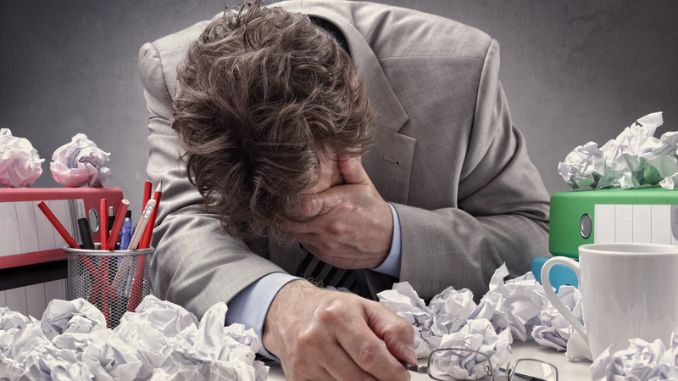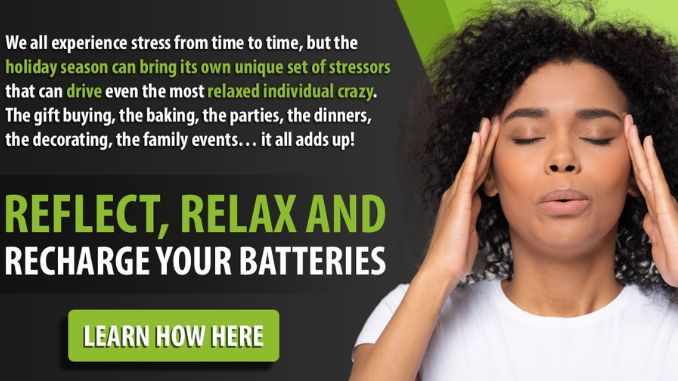In the workplace, burnout and depression often feel like interchangeable terms. While one has to do with an employee feeling burned out from their job, the other is a serious mental health issue that can lead to suicidal thoughts. But what do these two words mean? How are they different? What’s the difference between burnout and depression? Are they the same thing? Both conditions result in similar symptoms.
For instance, employees who experience burnout or depression might stop caring about their work, feel apathetic toward others, and lose interest in hobbies outside work. However, several defining differences between the two conditions can help you determine if a colleague is experiencing one or the other.
Both burnout and depression have negative effects on workers and businesses. High-stress environments create risk factors for conditions and other mental health issues such as anxiety or paranoia. Consider learning more about how each condition impacts your team members so you can support them accordingly.
What is Burnout?
Burnout refers to exhaustion and lack of motivation caused by chronic tension and stress. It can lead to decreased performance and a sense of hopelessness that can negatively impact the workplace. Burnout can occur in any job but is common in high-stress environments, including healthcare and education.
Depending on the person, factors that may lead to burnout include unrealistic expectations, overwhelming responsibilities, workplace culture, a lack of support, and a lack of end goal or purpose. Although it can affect anyone, certain people are more prone to burnout than others. These include caregivers, people in high-stress jobs, people with perfectionist tendencies, and people who care deeply about their work.
Generally speaking, burnout can be described as a state of extreme exhaustion. It is usually caused by a prolonged period of stress and anxiety. Many overachievers experience burnout after working diligently for long periods without breaks. But burnout can happen to anyone. It is most common among teens, college students, parents, and caretakers.
Typical Signs of Burnout
- Sleep issues — sleeping either too much or too little
- Issues with concentration
- Forgetfulness
- Feeling exhausted physically and emotionally
- Feeling ineffective
- A short temper
- Depression may also be a symptom of burnout
Depression
Depression differs from burnout as it does not necessarily result from prolonged stress and anxiety. It can result from excess stress, but actually, depression may be the result of a lack of stimulation as well. In other situations, depression may be caused by a genetic vulnerability to the disease, medical issues, taking specific medications, or a specific traumatic event — such as a death in the family, a tough breakup, or losing a job. While addressing the underlying issues causing burnout is often enough to recover from it, depression is not limited to the occupational context. Depression is a complex internal imbalance that affects many areas of one’s life. Moderate to severe depression may even require medical treatment.
Typical Signs of Depression
- Sleep issues — sleeping either too much or too little
- Eating issues — eating either too much or too little
- Issues with concentration
- Immense guilt
- Losing interest in old hobbies and friend groups
- Feeling as if nothing matters
- Emotions that are difficult to control
How to Tell if Someone Has Burnout vs. Depression?
Burnout is a short-term condition that can be resolved with time and support from colleagues, supervisors, and loved ones. People experiencing burnout and depression may show similar signs and symptoms, but some key differences exist. People dealing with burnout may be able to identify a specific source of stress, like an overwhelming workload, but those with depression are often unable to pinpoint the cause.
The sooner you recognize the symptoms of depression and burnout in your colleagues, the quicker you can get them the support they need. However, people with chronic depression may struggle with symptoms for months or even years, and it’s important to seek treatment as soon as symptoms arise. Depression is also often accompanied by other mental health issues, like anxiety and substance abuse, so it’s important to watch for signs of these in your team members.
What should you do if you are experiencing burnout or depression?
It is essential to take care of yourself if you notice signs of either of these disorders. Consider talking to your doctor and seeking a referral to a therapist or counselor. Even though there are medications on the market meant to help with both disorders, there are also many forms of therapy and even foods that can help you fight anxiety and depression.
Bottom line
Although burnout and depression can be difficult to differentiate, they are two different mental health conditions with different causes and treatments. When you or another colleague is experiencing symptoms like apathy and a lack of motivation, it’s important to know the difference between the two and seek treatment. The sooner you address the issue, the better your chances of recovering quickly and completely, allowing you to return to enjoying your job and being a productive team member.

Rick Kaselj MS, is a leading kinesiologist and injury specialist as well as co-creator of the best-selling Unlock Your Hip Flexors program. Rick creates exercise programs that help people heal injuries and eliminate pain, so they can go back to living a full, active, healthy life.






